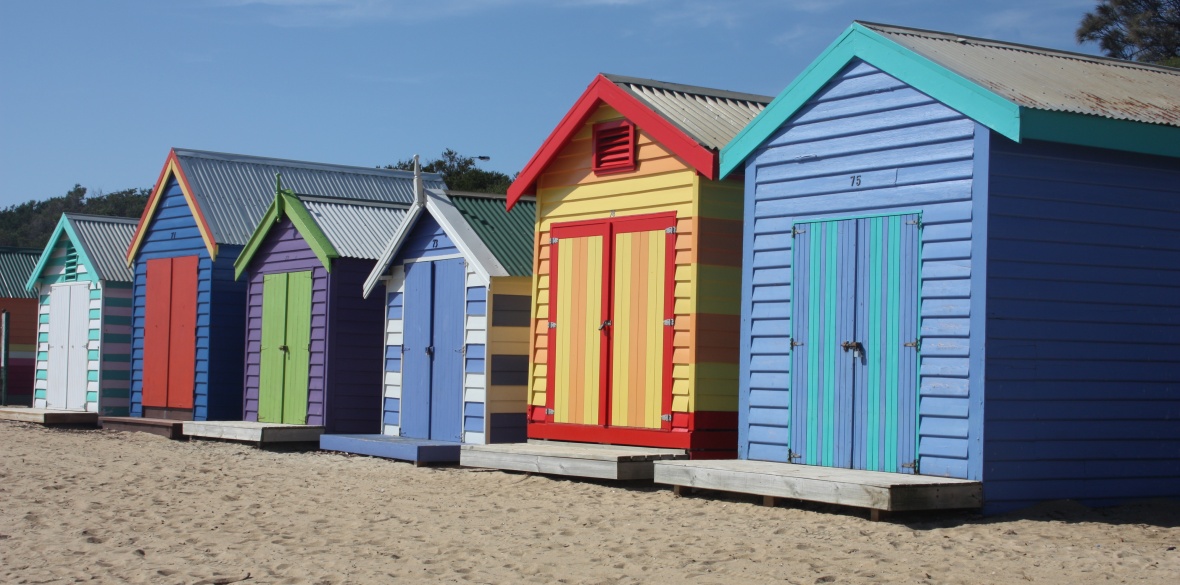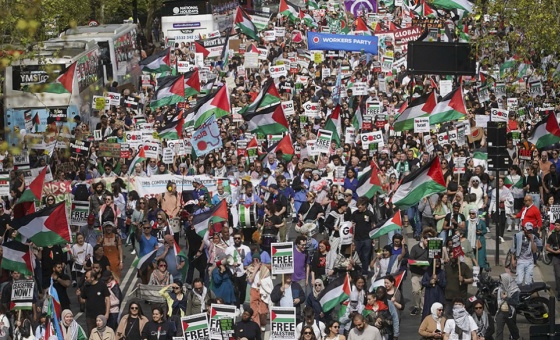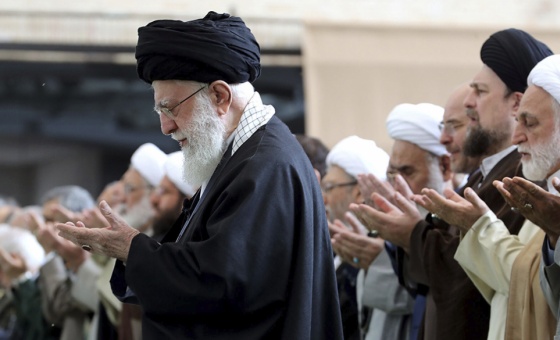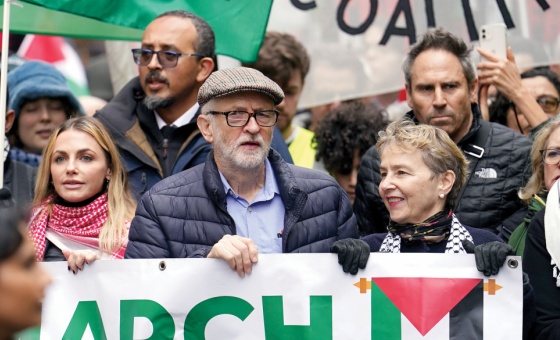This is the last article you can read this month
You can read more article this month
You can read more articles this month
Sorry your limit is up for this month
Reset on:
Please help support the Morning Star by subscribing here
IT’S the same the wide world over.
Ain’t it all a bleeding shame,
It’s the rich wot gets the pleasure,
It’s the poor wot gets the blame.
How things have changed from when that Victorian ditty was penned.
Today we are all equal in an equal world. At least that’s what many would have you believe, from Theresa May to the many self-appointed media gurus who pontificate to us from printed page and digital screen.
Nothing could be further from the truth. Research shows that the pay gap between those born into wealthier families and those with less well-off parents is widening.
The Institute for Fiscal Studies estimates that, in 2012, a 42-year-old man from the richest fifth of households earned an average of 88 per cent more than those from the poorest families. In 2000, the same difference was just 47 per cent. That gap is widening.
Thanks to May and her Tory government’s policies that have consistently attacked the standard of living of poorer working-class people and families while giving even more tax breaks and bonuses to the better off, Britain is becoming increasingly divided, with whole sections of the of the population being left behind.
Some commentators may want to pay lip service to social mobility initiatives, but make no mistake, equality in Britain is actually going backwards.
When May became prime minister in 2016, she promised to fight the “burning injustice” of inequality in modern Britain. Yet her own Social Mobility Commission reports that all government efforts to improve social mobility have failed to deliver.
The statistics assume that those from both groups can get a paid job, but these reports also identified inequality in the employment market, with men from higher-income backgrounds significantly more likely to be in paid employment.
As well as earning more and being more likely to have a job, those from richer families are more likely to have a partner and to have a higher-earning partner than those from less well-off backgrounds.
The Tory government’s planned cuts to tax credits over the next few years are sure to make matters worse, causing yet a further increase in inequality. These tax credit cuts are already hitting hard at the poorest in society and look set to hit harder still.
When it comes to buying food, the better off have a rich choice, but at the other end of the food price spectrum foodbanks are Britain’s biggest growing feature of the entire food distribution system.
The latest NHS proposals claim to be saving money by cutting out smaller, simpler, less necessary operations.
Tell that to the child crying himself to sleep every night in agony from his infected tonsils or the mum and dad trying to comfort him.
Tell it to the young waitress with varicose veins from too much standing. Painful piles? Sorry, not serious enough for NHS treatment.
These treatments will be offered by the NHS only if it is judged to be of compelling benefit and there are no alternatives. You can bet your life that all these operations will be available at a price at small private clinics and the relentless process of NHS privatisation will have taken another giant step forward. Another step like last year’s review that stopped supplying over-the-counter medications and treatments described as low value on prescription. Now everyone has to pay for them.
If you have a decent income, you can buy your own drugs or even a small operation, but, if you are among the poor, you will just have to suffer.
When it comes to transport, again the poorest find themselves paying most. Outside the big cities the rich rarely use buses, but, for those without a car of their own or the money to buy ever more expensive fuel, the bus is a lifeline to reach friends and family, shops, medical appointments, pubs, cinemas and — if it’s still open — even the local library.
Lack of affordable transport is one of the main causes of rural isolation and deprivation that results in deterioration in both mental and physical health.
I could give plenty more examples, but I’ll finish with housing and a story that would be funny if it wasn’t such an obscene example of the two Britains that are our home nation in 2018.
Homeless figures are shameful, Grenfell Tower points up the disgraceful scandal of what passes for public housing today. Even young people with a reasonable job look wistfully at the property ladder and know they will never get a foot even on the lowest rung.
Step forward those with parents in the more affluent layers of society. Yes the bank of (rich) mum and dad comes to the rescue.
The average cost of a house in Britain today is out of many people’s reach at £234,794. No wonder so many people are turning to what traditionally was holiday accommodation, caravans, mobile holiday homes — even narrowboats.
So what about buying a beach hut? I’ve just seen one for sale at Mudeford in Dorset. It sleeps six, but there is no toilet and no mains electricity, nor road access.
The timber-built hut measures just 18 by 11 feet. Lighting is provided by solar panels on the roof, while in the kitchen, the oven runs on gas bottles, the fridge is battery-powered and the tap water comes from a pump. The nearest communal toilet and shower block is a couple of minutes walk away.
Poll tax is £500 per year and ground rent is approximately £2,500 per year. And the price? Just £300,000. Welcome to equal Britain.











